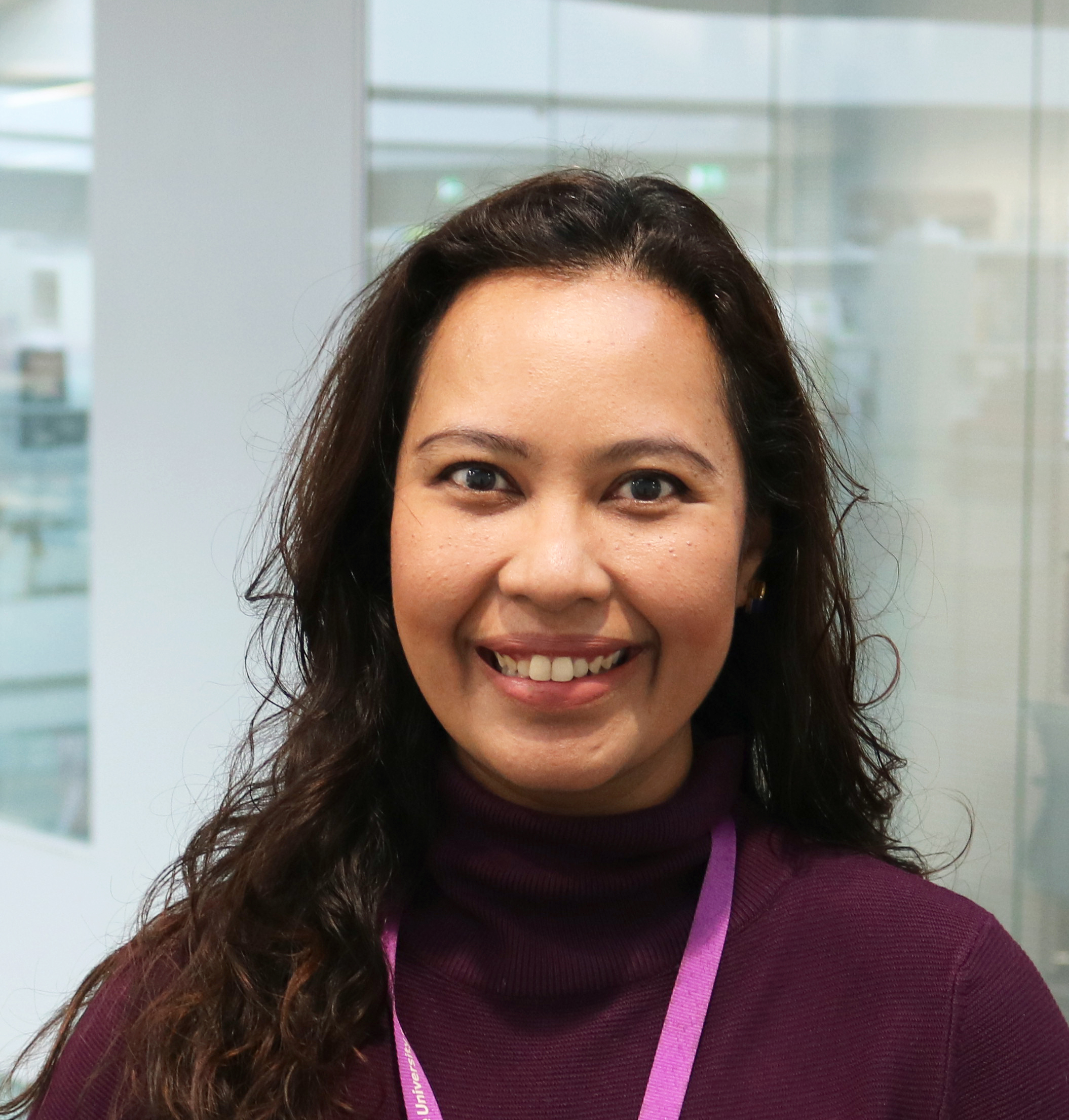Women in Cancer Network

The Women in Cancer Network aims to foster greater inclusion and representation for women in cancer sciences across the MCRC, DCS, CRUK and The Christie.
We aim to create an environment where all women feel empowered and valued, building a more equitable and inclusive culture for all.
The network meets monthly and is chaired by Dr Simona Valletta.
Our Vision
Our goal is to create a strong network and improve opportunities and visibility for women in cancer sciences. We aim to:
- Champion Diversity & Inclusion: we are committed to embedding equality, diversity, and inclusion in all we do. Our goal is to address the unique challenges faced by women within the field of cancer sciences, advocating for equal opportunities to allow women to thrive and achieve their full potential.
- Offer Support & Mentorship: empowering women through our WOMENtorship in Cancer Sciences and Women in Leadership programmes, as well as ongoing and future events & opportunities.
- Provide opportunities and resources: collate and share insightful resources, opportunities, and news for women in cancer sciences through our website and across our mailing list to support women in their personal and professional growth.
WOMENtorship in Cancer Sciences Mentorship Scheme
Our newly launched and still growing mentorship scheme is designed to connect women in cancer sciences.
Each mentee is paired with a more senior mentor that will help them to achieve their full potential on a career-development level, also offering guidance and advice on challenges that women experience in academia.
Our Current Mentors

Niki Flaum
Academic Clinical Lecturer

Angela Davey
Research Associate

Angeliki Malliri
Professor of Cell Biology

Aliah Hawari
Research Associate

Frances Turrell
Lecturer In Cancer Biology

Sarah Kitson
Honorary Consultant and Clinician Scientist

Eliana Vasquez Osorio
Senior Research Fellow

Cynthia Eccles
Consultant Research Radiographer and MAHSC Honorary Clinical Chair

Gillian Mackie
Research Associate

Hannah Harrison
Research Fellow

Isabel Pires
Lecturer in Cancer Biology

Sankari Nagarajan
Lecturer in Chromatin Biology

Simona Valletta
Lecturer in Cancer Biology

Camilla Coulson-Gilmer
Research Fellow
Get involved
We are always looking to expand and recruit new members to help grow the network and support our ongoing goals and projects.
If you wish to join the network, please contact simona.valletta@manchester.ac.uk
You can also follow us on X (Twitter) @WiCN_Manchester




